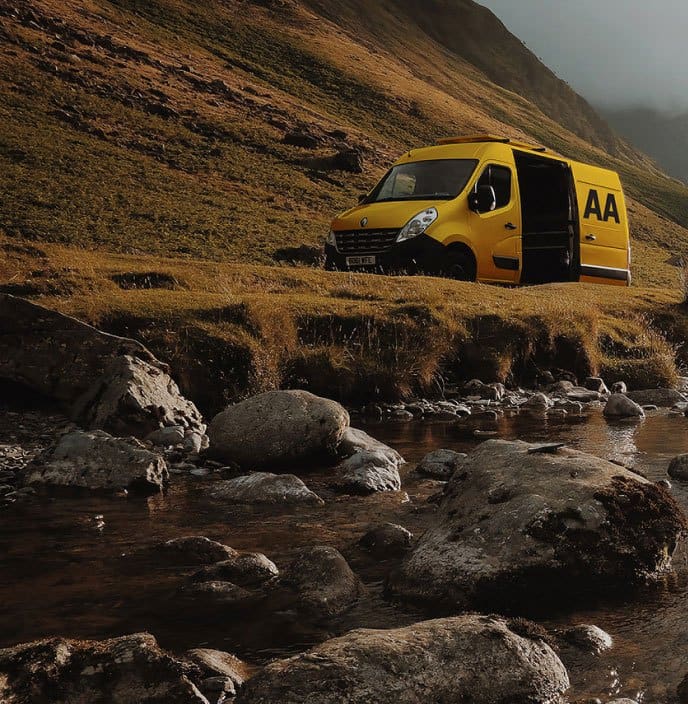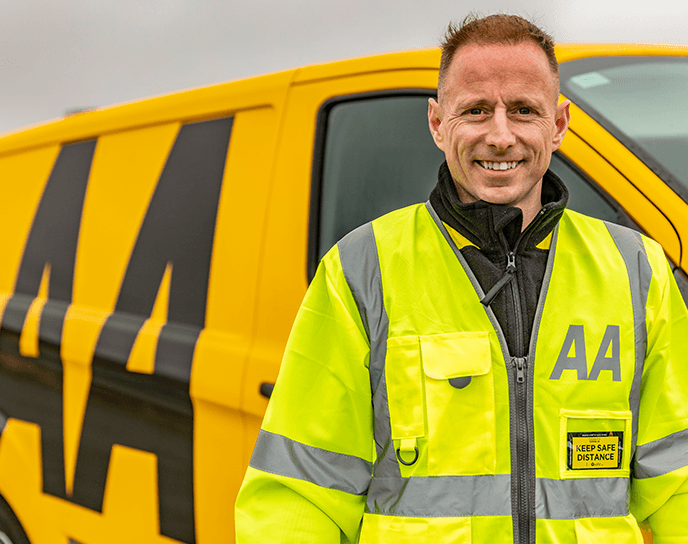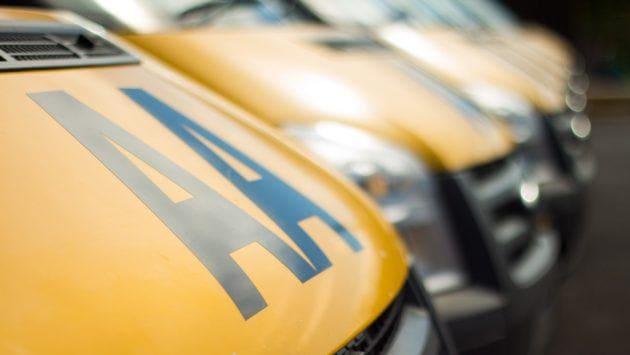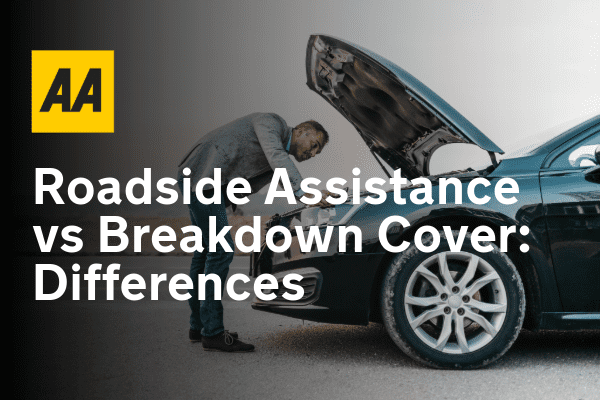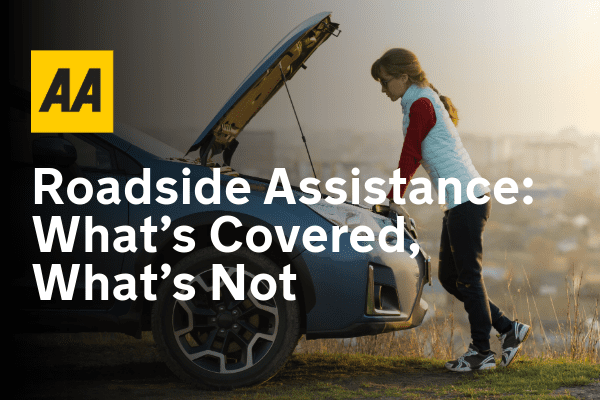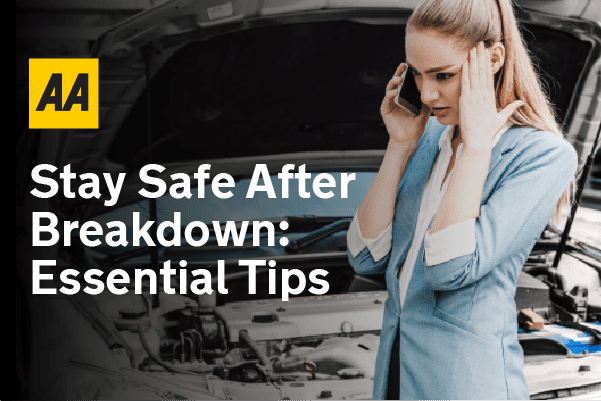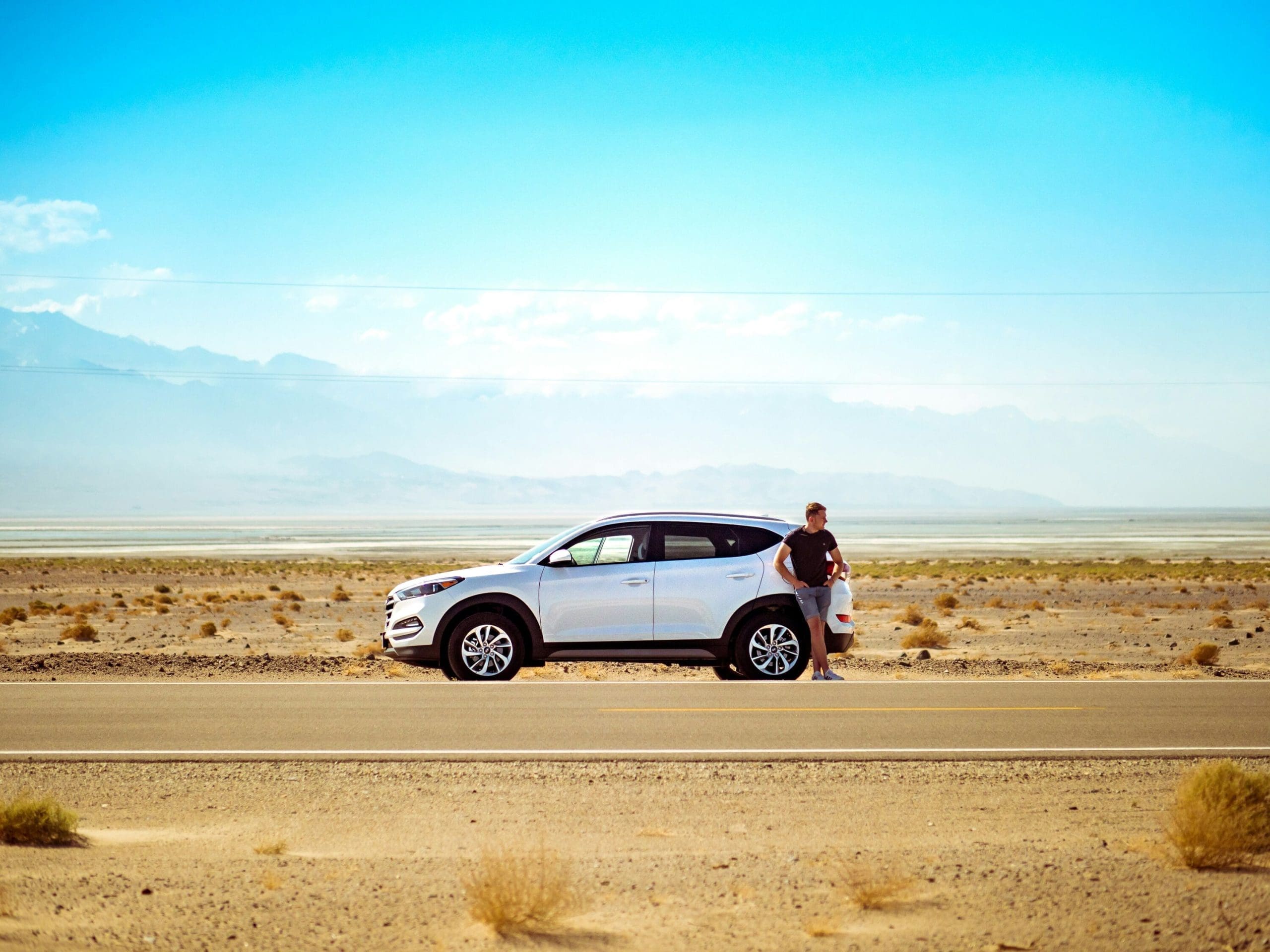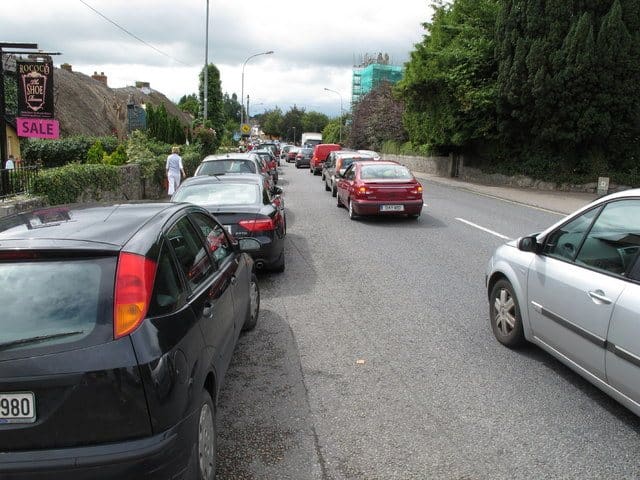With garages around the country limited to emergency callouts only under the latest Government restrictions to tackle the Coronavirus, keeping on top of car maintenance at home is vitally important. While you may be using your car less than you normally would, the last thing you want is to have to worry about a flat battery or an oil light when you do need to make an essential trip.
To help you stay safe at home and keep your car in running order, our AA Membership patrols have put together some top tips to be aware of. Furthermore, if you do experience a car breakdown, we will still be there to help (including a free breakdown assistance service we are currently offering to the elderly and to healthcare workers.)
How to Avoid a Flat Car Battery
Under the current restrictions, you will likely find yourself using your car much less than you normally would. However, as you may still rely on it for essential food shopping or to assist family members who are cocooning, you will want to know that should you need your car it will be ready to go. Flat batteries are the number 1 problem we see with cars that have been idle for significant periods of time.
While this problem mostly crops up during the winter months (when colder temperatures wreak havoc on batteries), it isn’t just a winter-specific problem. It’s important to avoid any non-essential travel but even starting your car for 20 minutes every few days can help keep your battery from running flat.
Remember when doing this to do so in an open space, not in a garage or enclosed area to avoid the car overheating due to poor air circulation and the build-up of fumes.
While taking your car for a short drive will charge your battery faster, you can charge it just as effectively at home by following this advice.
Avoiding a Flooded Engine
This can happen across all petrol engines, regardless of age. Some steps to avoid this:
- During periods where the vehicle is not being used avoid starting then switching the engine off within a 20-minute period
- If you have to move the vehicle a short distance (to move a bin, letting another car out etc.,) be sure to leave the engine running for 20 minutes. This will decrease the chance of flooding and keep the battery in a healthier state of charge.
When to get Help with your Warning Light?
These are usually measured on a ‘traffic light system’ when it comes to knowing when urgent action is required.
- Red Lights: Stop immediately and seek assistance
- Yellow/amber warning lights: safe to drive straight to the repairer. However, if there is a difference in performance in the vehicle stop immediately and seek assistance. Before you leave, contact your garage in advance to ensure they are available to assist
Check your Oil Levels
If you haven’t checked your car’s oil levels recently, now may be a good time to do so. Thankfully, even if your knowledge of cars is limited, this is a pretty straightforward task.
To start, make sure your car is on level ground before popping the bonnet and locating the dipstick (this may not apply to some more modern makes, so consult your Owner’s Handbook if in doubt.)
Wipe the dipstick clean and note the location of the maximum and minimum markers. Put the dipstick back in place and then remove it to see where the oil level appears – as long as there is oil anywhere between the minimum and maximum it’s ok to drive your car. However, if the oil level is below the minimum or close to it, you should avoid driving until you can top it up.
As service stations are still operating, you’ll be able to get your hands on oil pretty easily if your car is running low. Before you buy, check your handbook to ensure you are purchasing the correct oil for your car.
Look for a rubber cap with an oil symbol on it, and pour the oil in slowly to avoid overfilling. Allow a few minutes to pass before you check the oil again, adding more until you reach the desired level.
Keep your Tyres Correctly Inflated
As garages are currently only able to attend to emergency repairs, keeping your tyres in good condition is vital. Consult your handbook for the correct tyre pressure for your car and use the air pumps available at petrol stations to inflate your tyres if necessary – remember over-inflating your tyres can be dangerous too.
It can also be a good idea to adapt your driving to help reduce wear and tear on your tyres. Avoiding aggressive cornering, harsh breaking and driving at high speeds will not only keep you safe, but will ensure you get the most mileage out of your tyres.
If you do experience a motoring breakdown, our AA Rescue patrols are still available to help. Visit the AA Rescue webpage to find out more.
AA Rescue is currently available for just €10 per month. However, you can get it for just €60 for the year and a 10% motor insurance discount if you buy AA Car Insurance.


